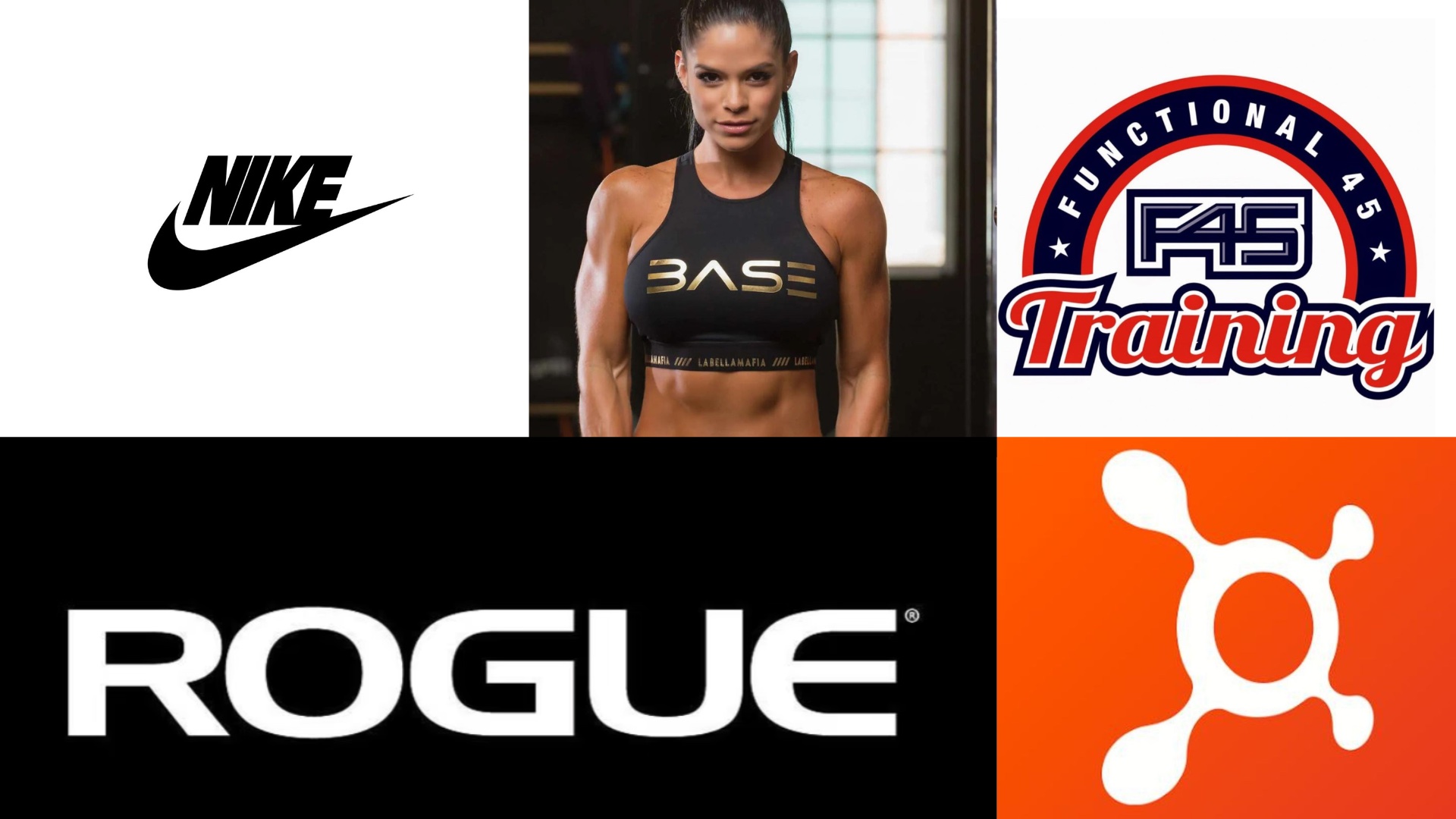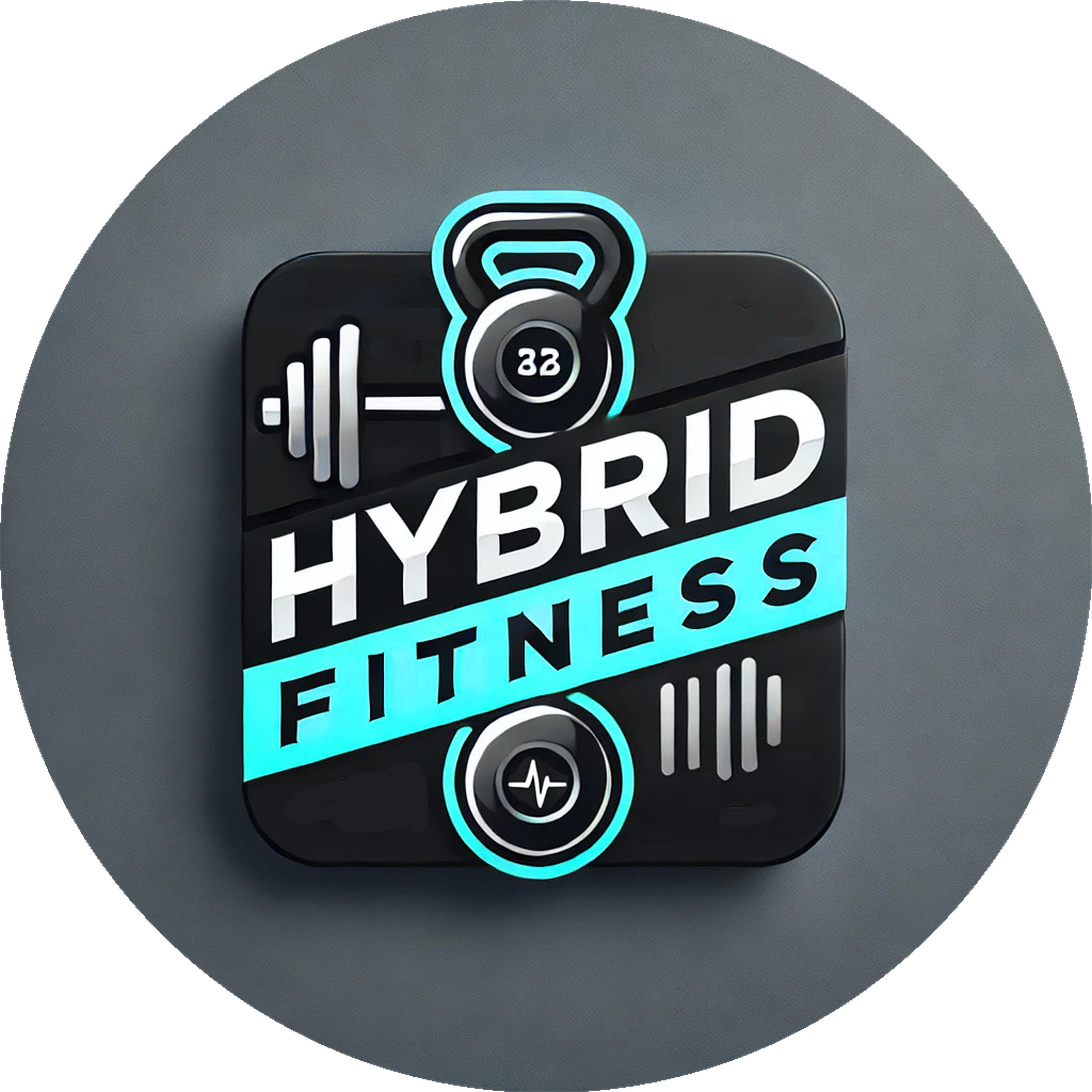
In recent years, the fitness world has seen an explosion of competitive events that blend endurance, strength, and functional fitness, giving rise to races like HYROX, DEKA, and the Deadly Dozen. These events have grown into major international competitions, drawing thousands of athletes who want to test their overall fitness across multiple disciplines. HYROX, with its indoor endurance-meets-strength format, DEKA’s functional fitness challenges, and Deadly Dozen’s fitness race on a track, have already proven there is a global demand for races that push the boundaries of physical performance.
As these races continue to expand in popularity, Hybrid Fitness Media takes a look at which companies have the potential to launch their own competitive events, shaping the next major trend in global fitness racing.
Myzone

Myzone is already a force in fitness technology, and its heart-rate monitoring systems are used by gyms and personal trainers worldwide. Myzone’s focus on gamification and user engagement makes it a perfect candidate to launch its own competitive fitness events. Imagine a global race series where participants compete not just in person but also virtually, tracking their heart rate, calories burned, and effort in real-time using Myzone’s wearable tech. Myzone has already demonstrated its potential by partnering with ATHX and DEKAFIT to provide real-time performance stats, enhancing the competitive experience for athletes and spectators alike. This makes Myzone well-positioned to create real world or fully virtual fitness races that blend tech with physical performance.
F45

F45 has grown exponentially in recent years, thanks to its high-intensity, community-driven workouts. Known for its short, effective, and team-based sessions, F45 has cultivated a loyal following worldwide. A natural extension of F45’s group fitness model is its F45 Playoffs, a competitive event designed to test participants’ overall fitness through a series of intense functional movements. The Playoffs, which have already been held in locations like England, offer a glimpse into how F45 could expand into the global race scene.
The F45 Playoffs is structured around 10 fitness stations, where participants perform as many reps as possible of exercises like rowing, burpees, kettlebell swings, and deadlifts. Points are earned based on reps and power output, creating a fast-paced and inclusive competition that challenges both strength and endurance. This event showcases F45’s ability to bring the high-energy, community-driven atmosphere of its classes to a competitive race format.
Rogue
Rogue Fitness has become synonymous with elite strength and conditioning equipment, and its involvement in CrossFit and strongman competitions is already extensive. Given its expertise in designing challenging physical events, Rogue is in a prime position to create its own branded race, focusing on the raw strength, endurance, and mental toughness required in functional fitness.
A Rogue-branded race could be the next big test for serious athletes, combining elements of CrossFit, strongman, and obstacle course racing. Picture athletes hauling heavy weights, flipping tires, sprinting, and climbing in an event that emphasizes brute strength and conditioning. Rogue could leverage its existing fan base and brand loyalty to develop a race that appeals to both seasoned CrossFit athletes and general fitness enthusiasts looking for a more strength-centric challenge.
Rogue already has a presence in global competitions, such as the CrossFit Games and Arnold Strongman Classic, making the transition into its own race series a natural progression. Rogue could also partner with its roster of elite athletes to create a race series that not only challenges competitors but also builds an international fan base.
Nike

Nike’s reach in the world of fitness is unmatched, and its involvement in everything from apparel to sponsorship of major sporting events positions it as a potential game-changer in the fitness race industry. Nike has already dabbled in global running events, such as the Nike Run Club (NRC), but it could easily expand into more comprehensive fitness races that combine running, strength, and agility challenges.
What sets Nike apart is its branding and ability to create experiences that resonate across cultures and continents. A Nike-branded fitness race could be a blend of endurance running, and high-tech performance tracking, with participants competing in major cities across the world. Nike’s vast resources could enable it to create events that appeal to athletes at all levels, from casual runners to elite competitors, using its signature apparel, shoes, and technology to enhance the race experience.
Orangetheory

Orangetheory Fitness, known for its heart rate-based interval training, is another brand perfectly positioned to enter the global fitness race arena. With its focus on technology-driven workouts that push participants to maintain optimal heart rate zones for maximum results, Orangetheory could create a unique race format centered around individualized performance metrics. Similar to their existing class structure, an Orangetheory race could involve running, rowing, and strength exercises, all while monitoring heart rate data in real time. This approach would ensure that participants of all fitness levels are competing on an even playing field, as the emphasis would be on achieving personal performance goals rather than simply finishing first. Given Orangetheory’s global reach and dedicated community of members, a heart rate-driven race series could quickly attract a massive following, bringing their signature “orange zone” intensity to the competitive fitness world.
Influencers

You may have guessed the first few companies listed in this article, but here is one you may not have seen coming.
The idea of a race organized by a fitness influencer like Michelle Lewin or Nick Bare could significantly disrupt the competitive fitness scene, creating events that uniquely blend personal brand, community, and performance challenges. Lewin, a fitness model and trainer with a massive following, could design a race combining functional training with bodybuilding elements, offering a challenge that not only tests strength and endurance but also body composition. Meanwhile, Nick Bare, known for his endurance feats and military-inspired mindset, could introduce a race focused on mental grit, long-distance running, and strength challenges—a perfect mix of endurance and power that aligns with his Bare Performance Nutrition brand.
View this post on Instagram
An excellent example of how influencers can extend their reach into fitness events is Diplo, the famous DJ and music producer, who has used his platform to organize massive 5K races. Almost 11,000 people finished his first event in San Francisco and about 6,400 finished in Seattle.
Through his passion for running, Diplo has gathered a loyal following for his running events in various cities, blending fitness with lifestyle and community engagement. His run clubs offer a casual yet highly effective way to encourage people to push their limits while fostering a sense of community. This model shows the power influencers have in mobilizing their audiences toward fitness goals.
Similarly, Lewin or Bare could use their platforms to launch fitness races that appeal to their dedicated fan bases, merging their workout philosophies with live and virtual race events. With the influence they wield, such a race could attract global attention, appealing to both hardcore fitness enthusiasts and their millions of followers, all while incorporating elements like virtual participation, exclusive content, and even performance-based product tie-ins.
By using social media and leveraging their personal brands, these influencer-driven races could create an engaging, community-focused experience that extends far beyond traditional race formats—potentially revolutionizing how fitness challenges are conceived and executed on a global scale.
We would love to know your thoughts. Could brands like Myzone, F45, Rogue, or Nike create the next big global fitness race? Have you participated in any of these events, or is there another fitness race you think has the potential to go worldwide? We’d love to hear your thoughts on how the fitness race scene could evolve and what you think the future holds for these challenges.
1 comment on “The New Era of Fitness Racing: How the Biggest Names in Fitness Could Transform the Industry”
Comments are closed.

Yes I love all of these brands and companies and can defintely see some excitement and growth especially with f45.